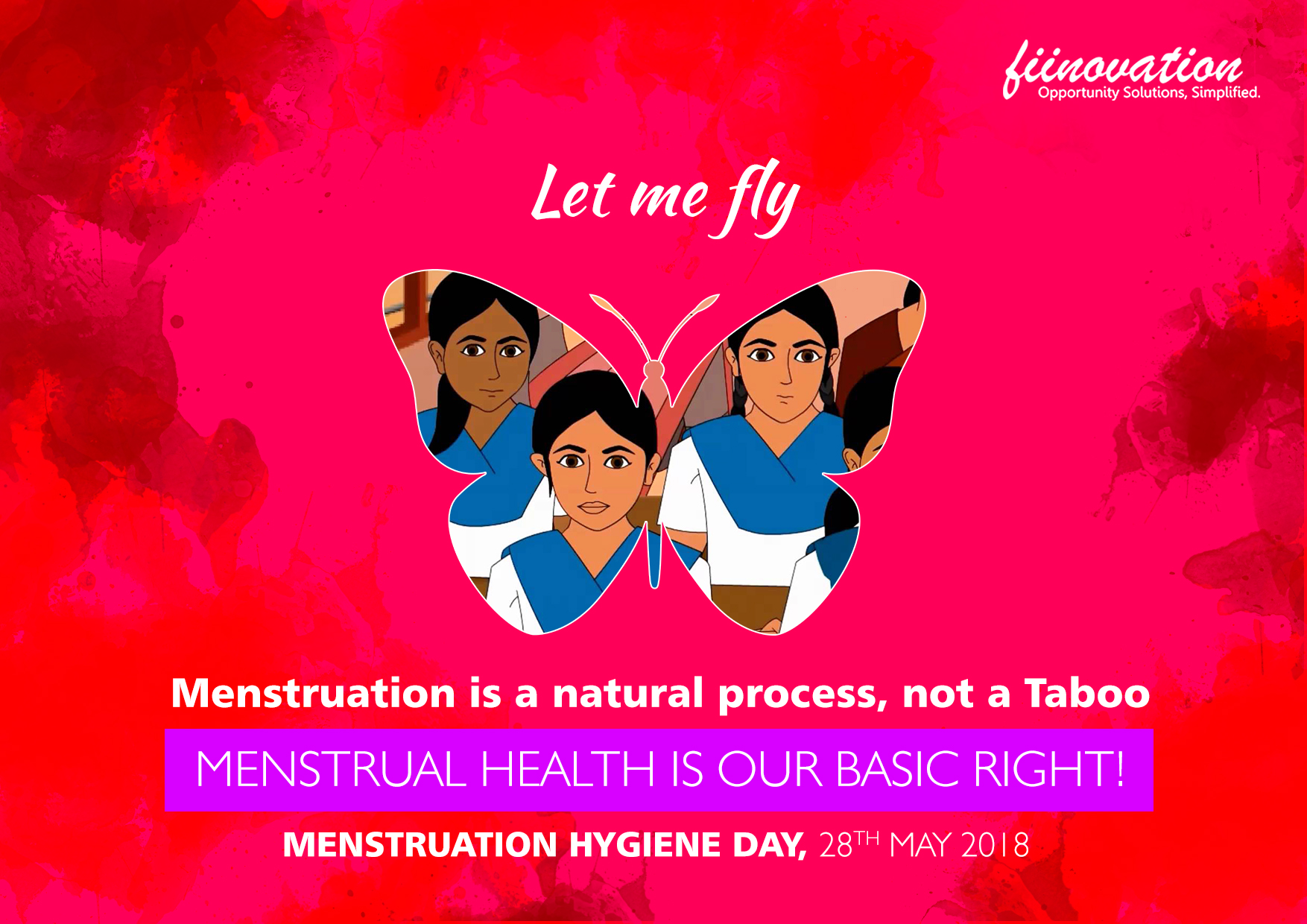62% women in the age group of 15-24 year still rely on a cloth during periods which is often reused. Further, 88% of women in India sometimes resort to using ashes, newspapers, dried leaves and husk sand to aid absorption which increases the chances of women to get reproductive tract infections.
The onset of menstruation is a natural process and heralds the onset of physiological maturity among adolescent girls. However, in India, menstruation is still considered a closed-door topic which constitutes of innumerable myths across the country. Even the mere mention of the topic has been a taboo to this date such that it acts as a hurdle in the advancement of knowledge on the topic.
The impact of this malediction on our culture is such that, women are restricted to participate in normal life while menstruating. She is labelled “impure” for her family and day to day chores. These stories manifest in both urban and rural villages. Shockingly, women on their monthly cycle are believed to have an association with evil spirits, shame, and embarrassment. Menstruating women are unclean and the food they prepare can be contaminated, unfortunately, is the regressive mindset we face even today.
In the 21st century where economic development and technology is rising at breakneck speed, non-acceptance of menstruation is causing a deep impact on girls and women’s mental and physical health. According to a data published by National Center for Biotechnology Information (NCBI) almost 23% girls in India drop out of school when they begin menstruating. This monthly menstruation cycle also creates hurdles for female teachers. The reason for this dropout is the unfriendly school culture,lack of proper infrastructure and inadequate menstrual protection alternatives that undermine the right to education.
Further, the influence of cultural norms and religious prohibition are so strongly inscribed in the mindset that the society often tends to ignore several health implications related to girls and menstruation. Use of ashes, cloth newspapers, dried leaves and husk sand to aid absorption can be life-threatening as such poor protection and poor washing facilities increase susceptibility to infection and increase vulnerability to Reproductive Tract Infections. The challenge of addressing socio-cultural customs and beliefs in menstruation constraints the 3As: Awareness, Accessibility, and afford-ability of menstrual hygiene for women.
Although the silence around Menstrual Hygiene Management in India has been broken at some levels with the Govt’s initiative of Swachh Bharat Abhiyan and Beti Bachao, Beti Padhao, various other issues like lack of awareness, regular supply of pads, reproductive health education, absence of family support, inaccessibility and low quality of sanitary napkins is still a question.
To make the situation worse, Govt’s recent introduction of Good and Services Tax (GST) on sanitary napkins slows down the process of women empowerment. This ill considered move reflects the ignorance to the female biological reality that exists across the political spectrum while the Nationwide protest against removal of 12% GST on sanitary napkins still remains unanswered.
Menstrual hygiene management is an important area of work and the need of the hour is to move beyond the talk of menstruation towards action. Our policymakers need to understand the pitfall that women face while menstruating. Only tokenism in talking about menstrual hygiene and bringing about changes in the system to promote women’s empowerment is not going to help. The issue needs a holistic approach and collective action on all areas be it ensuring access to products, infrastructure, and safe disposal. Also, true success will only be established when menstruation would be regarded as a normal life process and all social stigmas are dissociated which affect the health and productivity of millions of women in the country.
Although Government policies and its implementation can play an important role in establishing menstrual hygiene management, it’s also the responsibility of the males to become the change makers. Men and boys influence women’s and girl’s experiences of MHM through various roles they play: as husbands, fathers, brothers, friend, teachers. Thus, they can also become the community leaders in fighting against the discrimination that happens with the females. While in school, it is important for male teachers to be confident when dealing with issues related to menstruation and menstrual hygiene so that they can render support to female students and establish a less stigmatizing environment. A comprehensive approach where men are equal partners will ensure greater support that facilitates empowerment of the whole community especially women and girls. We need the involvement of male through creating spaces for open dialogue that will enable them to understand the importance of MHM as well as issues pertaining to reproductive health, women’s self-esteem, and empowerment.
Gender sensitization during adolescence is critical and has a lasting impact on the gender roles they assume later in their lives. It needs the joint efforts of all including the Corporates, Policy leaders, Feminists, Social Media Activists to get involved in the talk about menstrual hygiene, especially in rural India. We urgently need to break barriers and take necessary measures in ensuring women the basic rights of maintaining sanity and hygiene they deserve even while they are on a basic physiological function like menstruation.
